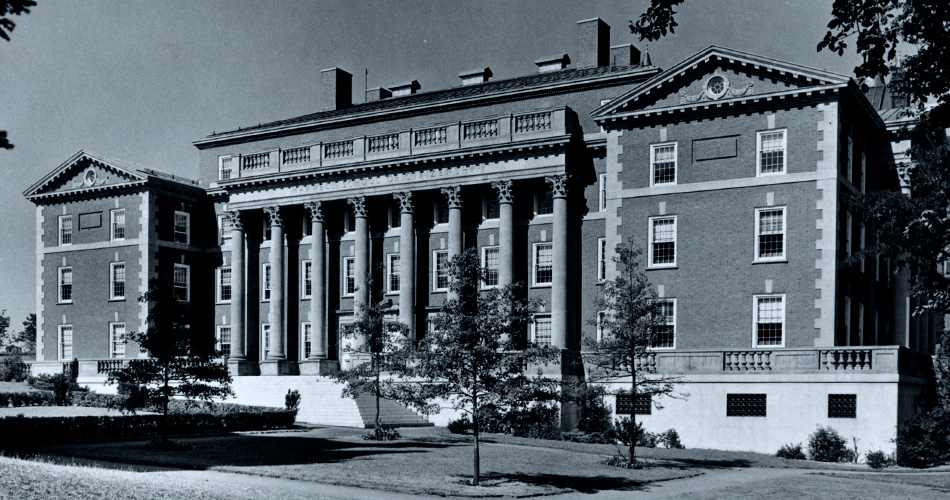Challenges to Citizenship: Decolonizing Citizenship in South Asia
Virtual
Add to: Outlook, ICal, Google Calendar
Moynihan Institute of Global Affairs
South Asia Center presents
Challenges to Citizenship in South Asia: Decolonizing Citizenship in South Asia
This webinar is the beginning of a series of workshops intended to build an international and multidisciplinary research consortium as well as new advocacy networks across regional and national boundaries exploring the challenges to statelessness and the crisis of citizenship in many regions of the world.
Dr. Maira Hayat works at the intersection of bureaucracy, law and environment. She completed her PhD in Anthropology at the University of Chicago. She is currently at Stanford University, teaching classes on environmental anthropology and climate change, and working on her book manuscript, Ecologies of Water Governance in Pakistan: The Colony, the Corporation and the Contemporary.
Navine Murshid
Dr. Navine Murshid is an Associate Professor of Political Science and the Director of the International Relations Program at Colgate University. She is the author of Politics of Refugees in South Asia: Identity, Resistance, Manipulation (2013). Her current work is on the marginalization of Bengali Muslims along Bangladesh's borders.
Mehroosh Tak
Dr. Mehroosh Tak is a lecturer in Agribusiness at the Royal Veterinary College. An economist by training, Mehroosh’s research focuses on food and agricultural policies for better nutrition. She is interested in exploring the role of state and local communities to build resilient food systems when faced with protracted crisis. Mehroosh has a background in international development as a monitoring and evaluation consultant, where she evaluated programmes for improved food and nutrition.
Navyug Gill
Dr. Navyug Gill is a scholar of modern South Asia and global history. He is Assistant Professor in the Department of History at William Paterson University. His research explores broad questions of agrarian change, labor history, caste politics, postcolonial critique and global capitalism. His academic and popular writings have appeared in venues such as the Journal of Asian Studies, Economic and Political Weekly, Outlook, Al Jazeera, Law and Political Economy Project, Borderlines and Trolley Times.
Mona Bhan
Dr. Mona Bhan is a cultural anthropologist whose work explores the role of economic and infrastructural development in counterinsurgency operations and people's resistance movements to protracted war and conflict. Her areas of specialization include border wars and counterinsurgency, militarism and humanitarianism, race, gender, and religion, environmentalism and climate change, occupation and human rights, space and place, water and infrastructure in Indian occupied Kashmir.
For more information, please contact Emera Bridger Wilson, elbridge@syr.edu or to request additional accommodation arrangements, please contact Morgan Bicknell, mebickne@syr.edu.
Open to
Public
Contact
Accessibility
Contact to request accommodations

We’re Turning 100!
To mark our centennial in the fall of 2024, the Maxwell School will hold special events and engagement opportunities to celebrate the many ways—across disciplines and borders—our community ever strives to, as the Oath says, “transmit this city not only not less, but greater, better and more beautiful than it was transmitted to us.”
Throughout the year leading up to the centennial, engagement opportunities will be held for our diverse, highly accomplished community that now boasts more than 38,500 alumni across the globe.